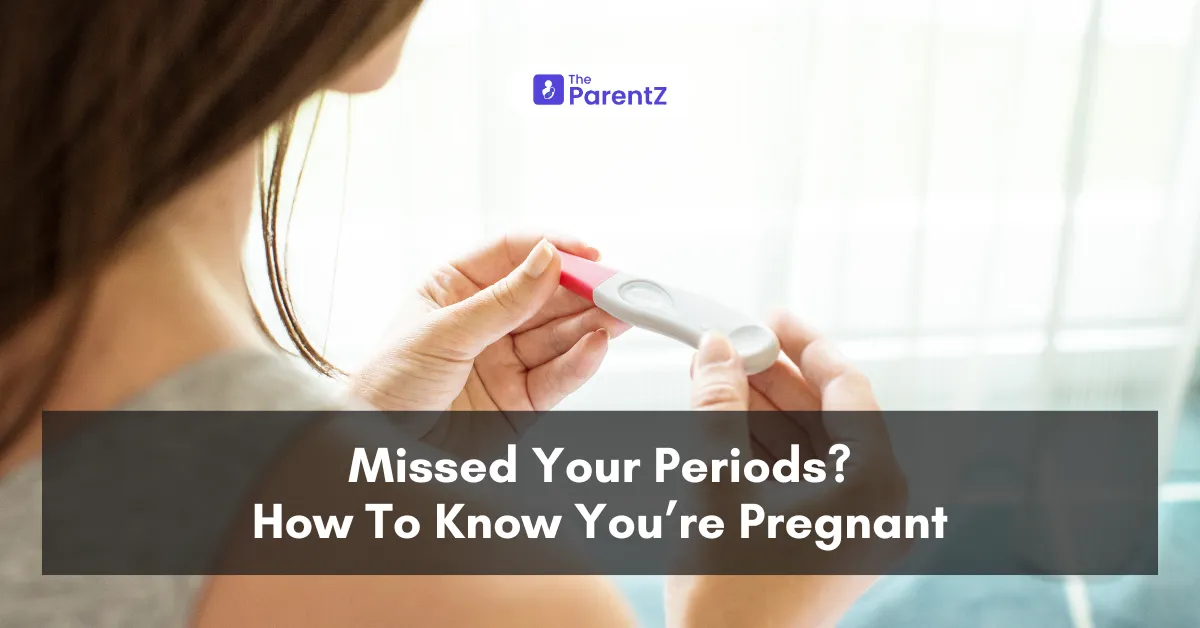The moment of uncertainty when you realize you’ve missed your periods is real.
Could it be pregnancy? Maybe stress? Or is it just hormonal imbalances? The questions are many.
Pregnancy is a big thing, and missing a period is one of the most common signs that signals you’re about to experience a huge life change. However, a missed period doesn’t always mean you’re pregnant.
Read this article to explore the early signs that indicate you’re pregnant.
Missed Periods and Pregnancy
A missed period is often one of the earliest indicators of pregnancy.
However, it's not a guarantee.
In fact, about 12-13 percent of women experience certain irregularities with their menstrual cycles, which results in a missed period now and then. Besides, stress, changes in diet, and intense exercise can also be the reasons behind period delays.
The Early Pregnancy Symptoms You Need To Look For
Here are the other common early symptoms besides a missed period that may come along with pregnancy. If you too have been noticing these symptoms lately, it’s time to grab a pregnancy test.
Nausea or Morning Sickness
Feeling queasy, especially during the morning hours, is one of the primary signs of pregnancy.
In fact, almost 80 percent of pregnant women experience some form of morning sickness, which usually starts around week 6 and may last until week 12.
Tender Breasts
During the early stages of pregnancy, your breasts may become sore, tender, or swollen. This happens due to hormonal changes, as your body starts to prepare for breastfeeding.
If you notice your breasts are feeling unusually sensitive, especially when touched or while wearing a bra, pregnancy might be the real reason.
Fatigue and Sleepiness
If you feel more tired than usual, even after a full night of sleep, it could be due to pregnancy. The reason? Increased progesterone levels can leave you tired, and it's not just you—but 70 percent of women experienced feeling more exhausted during the first trimester in a clinical study.
When to Take a Pregnancy Test?
If you’ve missed your period and are experiencing any of the symptoms above, it's time to take a home pregnancy test. Generally, most tests are accurate after one week of a missed period. However, note that testing too early can also give you a false negative.
According to the American Pregnancy Association, pregnancy tests are typically about 99% accurate when used correctly. Home pregnancy tests work by detecting the hormone hCG, which is released when a fertilized egg attaches to the uterine lining. For accurate results, take the test in the morning when your urine is most concentrated.
Other Reasons for a Missed Period
While pregnancy is one of the top things when it comes to missed periods, there are other reasons too why your period might be late. Stress, weight fluctuations, PCOS, and thyroid imbalance can also cause menstrual irregularities.
If you’ve missed a period and pregnancy tests are coming back negative, you can speak to your doctor for other possibilities.
Conclusion
Missing a period can often leave you wondering whether it's pregnancy or something else. However, a missed period doesn’t always mean you’re expecting. Though pregnancy is a possibility, other factors, including stress or hormonal imbalances, can also result in missed or delayed periods.
If you notice the above signs of early pregnancy, the best approach is to consult your doctor.






Be the first one to comment on this story.